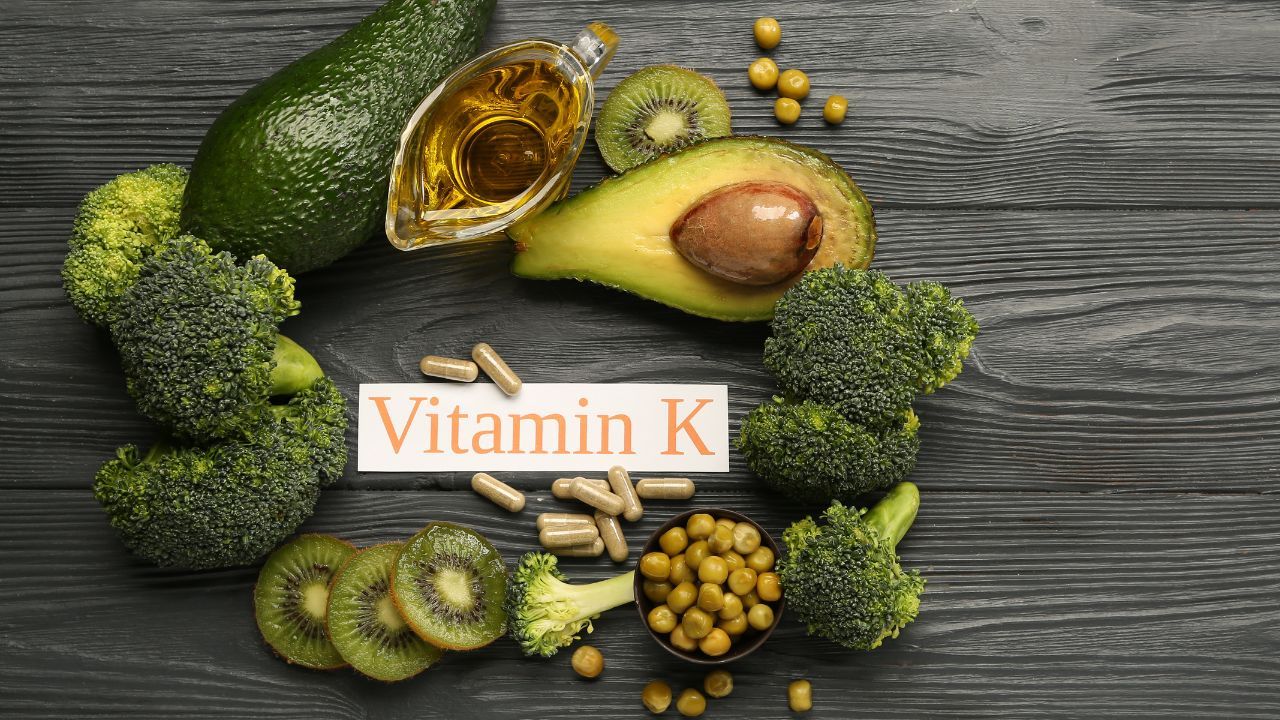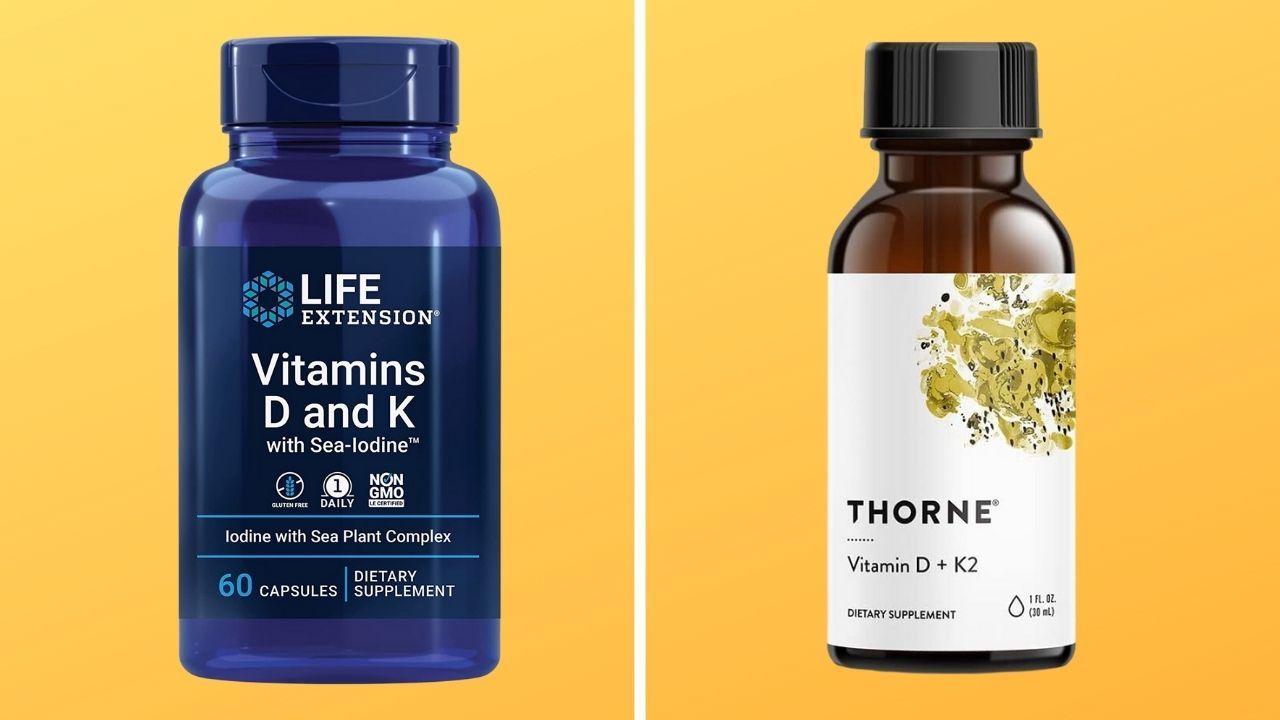
What Is The Difference Between Vitamin K And Vitamin K2?
Unravel the mystery of Vitamin K vs. Vitamin K2 - learn about their distinct functions, food sources, and health benefits for overall well-being.
You may have heard of vitamin K, but did you know that there's a difference between vitamin K and vitamin K2?
Both vitamins are important for overall health, but vitamin K2 has some unique benefits that make it especially important for bone health.
Here's what you need to know about the difference between these two vitamins and why you should be sure to include vitamin K2 in your diet.
What is Vitamin K?
Vitamin K is a group of fat-soluble vitamins that are essential for blood clotting, bone health, and other functions in the body.
Vitamin K1, also known as phylloquinone, is found in leafy green vegetables and other plant-based foods.
Vitamin K2, also known as menaquinone, is found in animal-based foods like egg yolks, cheese, and organ meats, as well as fermented plant-based foods like natto and sauerkraut.
The Difference Between Vitamin K and Vitamin K2
While both vitamins are important for overall health, there are some key differences between vitamin K1 and vitamin K2.
One of the most important differences is that vitamin K2 has the ability to specifically target tissues like bone and cartilage to deposit calcium in those areas, whereas vitamin K doesn't have that specificity.
So, while both vitamins are important for overall health, vitamin K2 is especially beneficial for maintaining healthy bones and preventing age-related bone loss.
Some other key differences between these two vitamins include:
- Vitamin K1 is primarily involved in blood clotting, while vitamin K2 is involved in bone health.
- Vitamin K1 is absorbed by the gut without the need for fat, while vitamin K2 is absorbed along with fat from food.
- Vitamin K1 can be stored in the liver for long periods of time, while vitamin k2 levels are more quickly depleted and need to be replenished on a regular basis.

The Many Benefits of Vitamin K2
Now that you know a little bit more about the difference between these two vitamins, let's take a look at some of the unique benefits of vitamin k2.
As we mentioned before, one of the most important benefits of this vitamin is its role in bone health.
- Vitamin k2 helps to deposit calcium into bones and keep them strong by working with a protein called osteocalcin. This makes it an important nutrient for preventing age-related bone loss and osteoporosis.
- Some research suggests that taking vitamin k2 at a lower dose can help with bone health, especially when combined with vitamin D.
Not only does this nutrient help keep bones strong, but it also helps prevent the hardening of the arteries by keeping calcium out of arterial walls which can cause plaque buildup. This makes it an important nutrient for heart health as well.
Vitamin k2 has also been shown to boost cognitive function and help prevent Alzheimer's disease and other forms of dementia. So clearly, this isn't your average nutrient!
Before You Go...





